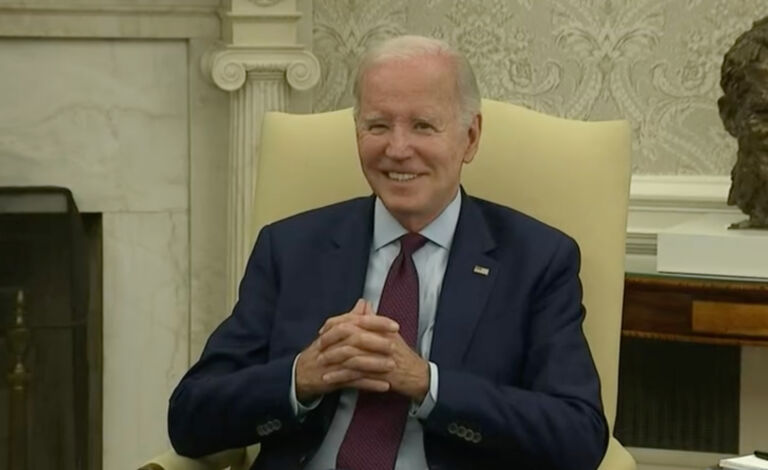Zhonette Brown writes for National Review Online about a dubious legal strategy that’s likely to see a resurgence in the Biden administration.
President Biden early on is touting his insistence on “ethics” from cabinet nominees and professional staff, and who can argue with that? But it will take more than a signed piece of paper to guard against the conflicts of interest and invitations to collusion that arise when professional activists from the outside suddenly find themselves on the inside, with the levers of federal power within easy reach.
The risk that we could be returning to the “sue and settle” mischief of the Obama era becomes more glaring with each new political appointment, as Biden stacks his team with professional environmental activists who bring conflicts of interest with them when they pass through the revolving doors at key regulatory agencies.
For example, Biden’s pick to advise the Bureau of Ocean Energy Management is leaving her post as an Earthjustice attorney. Just last year, Earthjustice initiated a lawsuit to halt offshore drilling in the Gulf of Mexico under the guise of the Endangered Species Act. Who did Earthjustice sue? The Bureau of Ocean Energy Management, of course. If Earthjustice is at all successful in its lawsuit, it will likely be paid by the agency. Indeed, in 2020 alone, Earthjustice received over $5.8 million in court-awarded attorneys’ fees.
Biden’s choice to be principal deputy solicitor of the Department of Interior was formerly a litigator with the Native American Rights Fund (which has applauded Biden’s economy-crushing move to revoke the Keystone XL Pipeline permit), which received over half a million dollars in attorneys’ fees from Uncle Sam in 2019 (2020 payouts are not yet reported).
Biden’s new principal deputy assistant secretary of Fish and Wildlife and Parks formerly belonged to the World Wildlife Fund, which in 2019 received over $34 million in government grants.


